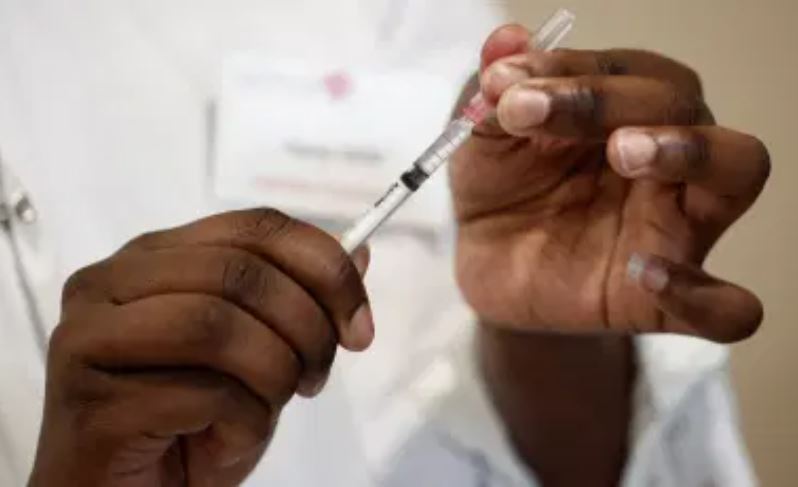
A collaboration led by UCLA and the Seattle Children’s Research Institute has yielded new knowledge about the genes responsible for the production and release of immunoglobulin G, the most common type of antibody in the human body.
The finding has the potential to advance manufacturing of antibody-based therapies for diseases such as cancer and arthritis, as well as the development of medical treatments that rely on the production of antibodies.
Antibodies a...
Read More







Recent Comments